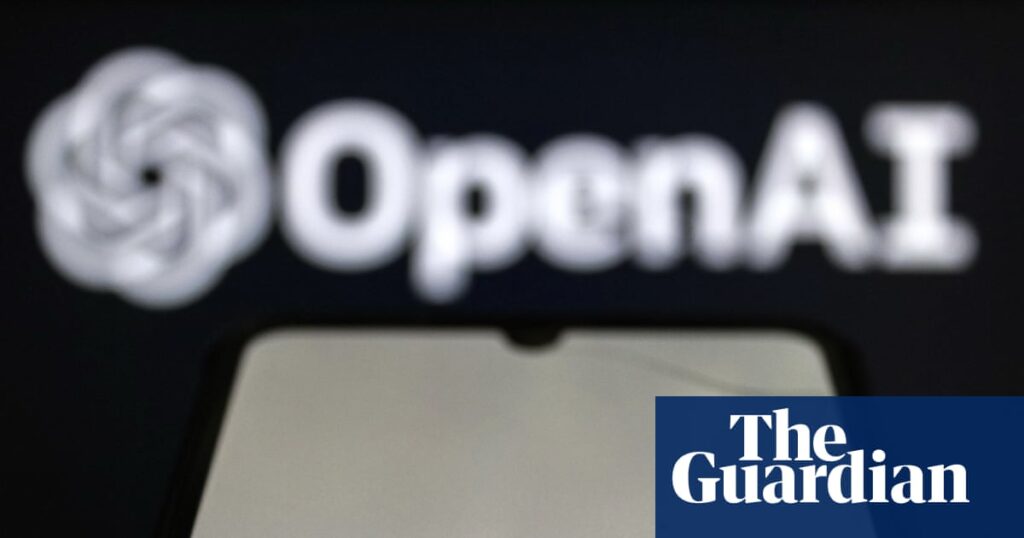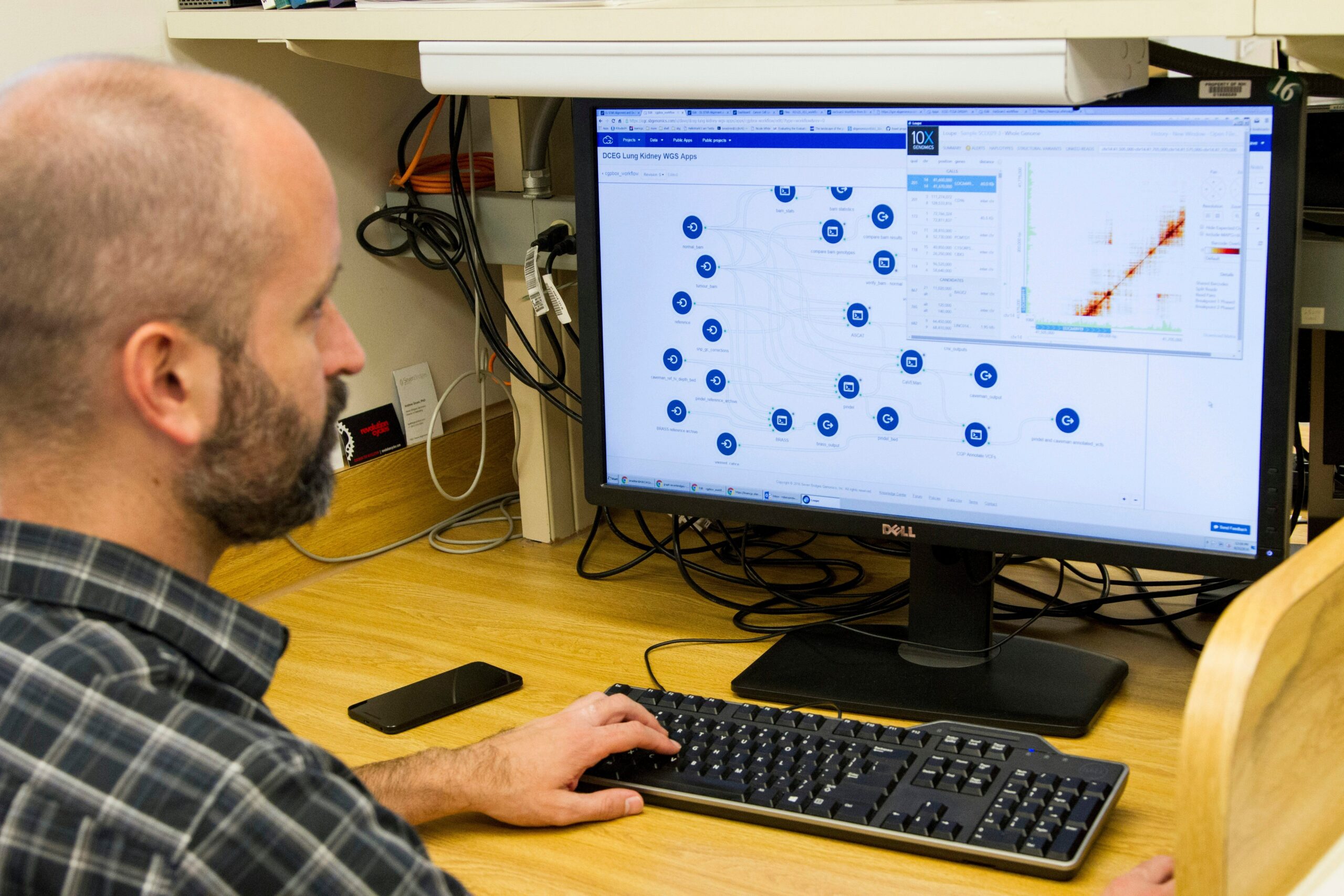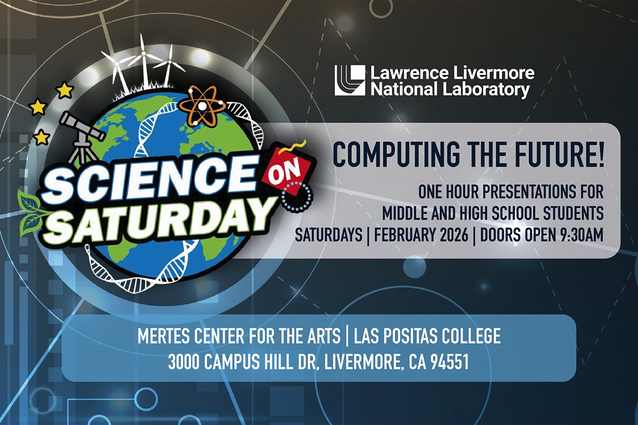
OpenAI has diverged from the Tech Council of Australia regarding copyright restrictions, asserting its commitment to establishing a presence in Australia “one way or the other.” This statement was made by Chris Lehane, OpenAI’s chief global affairs officer, during his keynote address at SXSW Sydney on Friday. Lehane addressed the geopolitics of artificial intelligence, the future of technology in Australia, and the ongoing global debate over the use of copyrighted material in training large language models.
Scott Farquhar, the chief executive of the Tech Council and co-founder of Atlassian, has previously criticized Australian copyright laws, claiming they deter investment from tech companies. In August, the Productivity Commission began examining whether technology firms should be exempt from existing copyright rules that prevent text and data mining for AI model training.
However, Lehane dismissed concerns that Australia might lose AI development and data center investments if it does not adopt more lenient copyright laws akin to fair use. “No … we are going to be in Australia, one way or the other,” he affirmed to the audience.
Copyright and AI: A Global Perspective
Lehane elaborated on the global landscape of copyright restrictions, noting that countries typically adopt one of two approaches. The US-style fair use policy facilitates the development of “frontier” AI—highly advanced, large-scale models. In contrast, some nations maintain traditional copyright stances, thereby limiting AI’s potential scope.
“We will engage in either country – we will find ways to work with those who want to build up big frontier models and have robust ecosystems, or those who just want to have much more narrowly defined AI,” Lehane stated. “We will work with them under either scenario, regardless.”
When questioned about the launch and monetization of Sora 2, OpenAI’s new video-generating model, before resolving copyright issues, Lehane emphasized the company’s broader mission. “This is the nature of how technology works. Innovations come along, and then societies adapt to those innovations,” he explained. “We are a non-profit, and our purpose is to build AI that benefits everyone … in the same way that a couple of generations ago, people could go to the library and learn.”
International Competition in AI Development
Lehane also addressed the competitive dynamics between China and the United States in shaping the future of global AI, characterizing it as a significant contest of values. “We don’t necessarily think about this as a fight as much as it is a competition – but it is a very real competition, and the stakes are pretty significant,” he noted. US-led frontier models, he added, are “inherently built on democratic values,” while Chinese models are “probably” based on autocratic norms.
“One of the two will end up being the player that the rest of the world builds on,” Lehane predicted.
When asked about his confidence in America’s democratic future, Lehane acknowledged the complexities of the democratic process. “Democracy, as others have said, tends to be a very messy process – but the US has demonstrated over time that it gets this stuff right,” he remarked.
Australia’s Potential in the AI Landscape
Lehane highlighted the strategic importance of the US and its allies, including Australia, in generating the necessary infrastructure to maintain a “democratic lead” in AI development. He noted that Australia has the potential to develop its own frontier AI, given its unique position in the global tech landscape.
“Australia occupies a really unique position,” Lehane said, citing the country’s high AI user base, 30,000 developers, “a tonne of talent,” a burgeoning renewable energy sector, fiber optic connections with Asia, and its membership in the Five Eyes intelligence alliance.
The announcement comes as Australia grapples with balancing its stringent copyright laws against the growing demand for AI innovation. The debate continues as stakeholders weigh the benefits of adopting a more flexible approach to copyright in order to foster technological advancement and attract international investment.






